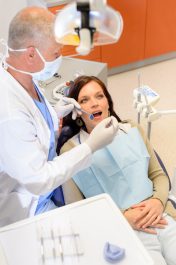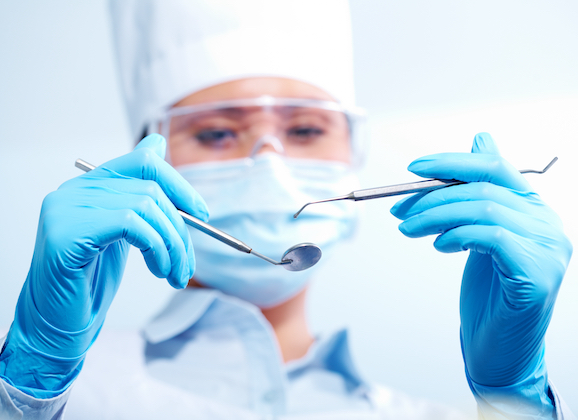5 Safe Practices for Every Dental Office
While managing your dental practice, it is commonplace to run into issues that many other businesses don’t have to think twice on. But even amid topics such as insurance problems and invoice recovery, the hurdles to health safety stand front and center.

To support you through this complexity, here are five safe practices for every dental office.
1. Always Ensure Cleanliness
For many people, cleanliness is next to sexiness, and from a medical perspective, hygiene is next to good health. If your dental office environment isn’t clean or disinfected consistently, you might be putting yourself and everyone else in jeopardy. Since you can prevent this possibility with simple actions, there is no good reason for you to ignore safety measures here.
By looking into infection control supplies, you can get the most out of your regular cleaning practices. These products are made to eradicate most bacteria from surfaces, which keeps your dental office’s employees and visitors safe from many diseases.
2. Don’t Be Shy About Investing in Sterilizers
Surgical tools need proper sterilization, and you need to disinfect these products after you have used them on a patient. Whether you depend on a dental notes app for reminders or delegate the sterilization responsibility to a specific employee, this practice has to be followed in every case.
There are many sizes and price points available for sterilizers, making it easier for you to make your selection. You can select a highly reviewed model recommended by other dentists as a rule of thumb. But if you are not sure about the choice, don’t hesitate to ask senior dentists about their suggestions.
3. Wear PPE During Treatments
In the past couple of years, the concept of wearing personal protective equipment with regular clothes has crossed previously reasonable limits of popularity. But now that we are back on sufficient supply for face masks, face shields, and protective goggles, you should make it a point to stock up on the PPE you need.
Besides keeping you and your staff safe during dental procedures, PPE also gives additional safety to patients. Since you are solely responsible for the safety of your dental office, you can also invest in custom wall decals with reminders to staff about wearing their PPE. It keeps your staff mindful of PPE usage.
From hospitals to schools and everywhere in between, every place focuses on hand hygiene as a non-negotiable practice. The measure has also been followed well before the pandemic. But as a medical professional, you will completely understand the importance of this practice and how it protects your health.
When it comes to dental professionals, the practice also keeps their patients safe from many health hazards. As a result, you should remember to wash your hands and ask your staff to embrace this practice. Reminding your employees that this suggestion goes beyond tips for traveling during COVID can go a long way.
5. Educate Patients Before Treatments
While you keep yourself and your employees in check, it is also important to pay attention to your patients’ actions. Makes sure you keep your patients safe from practices they might not know about. It prevents accidental harm and ensures long-term results from the treatments you administer to your patients.
Educate your patients in person before and after treatments. You can also use flyers and brochures to keep your patients informed about common and specific oral hygiene practices. You can also use email marketing software to tell your patients about your office’s updated coronavirus safety policies.
These tips allow you to reduce significant health and safety risks for everyone involved with your dental practice. Besides giving you peace of mind, it also ensures that your staff and patients stay happy with what you do for them.
